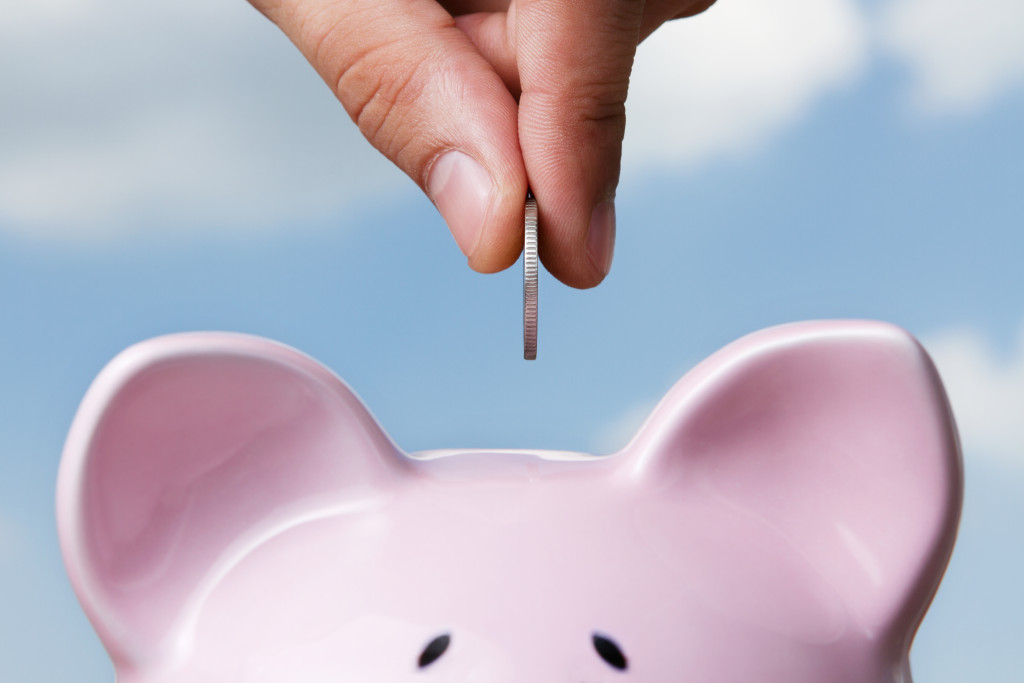It’s not easy to save money. With the current pandemic affecting all modes of supply and demand, the prices of goods are higher than ever. Unfortunately, the same pandemic has also caused many people to lose their jobs, severely limiting their income and cutting their budget.
Saving a part of your income is important if you want to set yourself up for a more comfortable future. You can use your savings to invest in a business, buy a house, or get ready for retirement. While it doesn’t get any easier to set aside funds during a pandemic, it’s not an impossible task.
If you need help in increasing the amount of money you’re able to save up with your limited income, here are a few ways to reach your target savings:
1. Review your expenses for additional things that you can cut from your budget.
A lot of people are on a tight budget due to the pandemic. If you are one of these people, there’s a pretty good chance that you have already reviewed your grocery list once or twice, crossing out products that you can actually do without. Even if it’s just one less dollar from your grocery bill, if you look at it long-term by computing how many times you save that dollar every time you buy groceries in a year, that should be at least twelve dollars, which is nothing to scoff at. That’s twelve dollars more than many people can save in a year.
Expenses aren’t just limited to groceries. We spend a lot on utilities and transportation, too, so those are additional areas we can review for cutting off expenses. Energy bills such as electricity and water can go lower by conserving energy. Not using the heater or the air conditioner unless it’s essential can go a long way towards a cheaper utility bill.
If your house has any utility issues such as an electrical or plumbing problem, it won’t hurt to first check if you can do it yourself. However, skimping on essential repairs is not that advisable, so if it’s not something you can easily fix, don’t hesitate to call a professional electrical or plumbing repair company. Just make sure you compare the rates in your area, so you get the most competitive prices.
Finally, if you can save on gasoline for transportation, do it. Walk short distances if able. If two or more family members share the same route, you can wait for each other and ride-share. The less you use your car, the less you have to pay for parking fees, too.
2. Cook for the family now and then.
Food is in high demand right now. Produce like meat and vegetables have increased in prices due to how difficult it is to acquire them in these quarantine-filled times of pandemic. You need to learn how to make a grocery list that maximizes the amount of money you spend on each meal.
Don’t be afraid to stock up on non-perishables; if you’re tired of eating canned goods straight out of the can, you can also use them as ingredients for simple recipes. A can of tuna, for instance, can be turned into several dishes as long as you have other ingredients you need. Add a few lettuce leaves and mayonnaise, and it’s a salad. Mix it with white sauce and dry noodles, and you have tuna pasta. Cooking is an excellent way to save on food expenses while having fun exploring new recipes and ways around the kitchen.
3. Practice using cash instead of credit cards.

People like using debit and credit cards because of how convenient it is. Instead of bringing wads of bills to pay your transactions with, all you need to bring is a tiny card. However, relying on credit cards can also backfire on you because of two things: first, you pay more on interest rates when you use the card. Second, it’s harder to control spending when you don’t have a physical representation of what you can spend.
Using cash for payments is better if you wish to save more money. You become more aware of exactly how much you have to spend, which helps curb the urge to buy things you don’t really need. Experts have also found out that physically handing out your money and watching the cashier tuck it in the register is a painful sight for many people, which helps curtail additional spending.
Most credit cards offer interest rates that seem small every month but add that up to what you’ll be paying for in a year, and it becomes significantly larger. If you have to use your card because it’s an emergency and you don’t have the necessary cash amount, make sure that you pay off the balance as soon as possible to avoid paying for interest rates.
Saving money is hard, but it’s possible. All you need is a commitment to your cause and a lot of effort to ensure that you are only spending on what you need. As long as you stop paying for unnecessary expenses, you’re on the right track.

